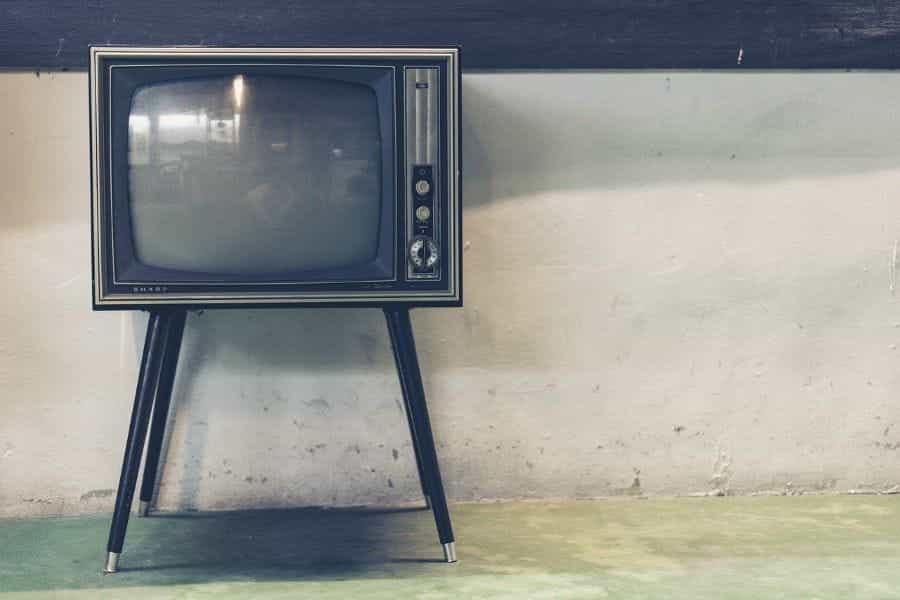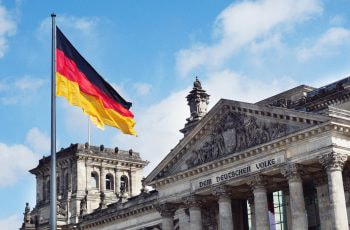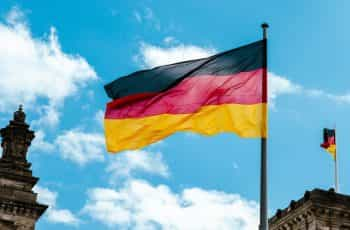German Advertising Restrictions Criticized
The German media owners’ association, Vaunet, has demanded a rethink on the plans proposed in the new gambling legislation to limit advertising. The association has criticized the proposed plans to introduce a blackout on gambling advertising in Germany, as well as the choice of words in parts of the legislation.

The proposed ‘telecommunications’ blackout on advertising of gambling products has come under criticism from Vaunet. The broadcaster’s association believes this could lead to more players using illegal channels to gamble. ©Pexels/Pixabay
The particular legislation that Vaunet has challenged is the recently announced ‘Fourth State Treaty on Gambling’. This treaty was agreed upon by the 16 federal states in Germany last month and included plans to legalize and regulate many forms of online gambling in Germany.
Many have are wary of the Treaty, however. Some groups were critical of the proposals to outlaw in-play betting, stating their concerns that this would result in consumers being pushed towards unlicensed operators to gamble. Other elements that have come under criticism are the €1 stake limit on virtual slot machines and limits to times when people can gamble.
The latest group to urge the lawmakers in Germany to reconsider their plans in Vaunet. This group boasts over 150 media companies as its members. These members are made up of TV, radio, streaming and online media companies. Vaunet has broadly welcomed the new State Treaty on Gambling but has concerns about the proposed changes to advertising.
Advertising Blackout
The main part of the legislation that Vaunet is challenging is the proposed blackout on advertising of gambling services and operators during a set window of time. In the State Treaty on Gambling, the federal states in Germany agreed upon a window from 6 AM to 9 PM when advertising for gambling would be banned on radio and TV.
The stance of Vaunet stems from the fact that broadcasters in Germany are already struggling with a stagnant advertising market. According to the association, the proposed ban would place broadcasters at an increased disadvantage to other advertising and media channels that would not be subject to the ban.
Vaunet has therefore argued that it should not just be TV and radio broadcasters that are subject to a blackout on gambling advertising and if the ban does go ahead, internet media channels should also have to comply with it.
The chair of Vaunet’s internal betting working group Dr. Matthias Kirschenhofer issued a statement in which he questioned the proposed restrictions on advertising.
Kirschenhofer believes that theoretically, the Fourth State Treaty on Gambling should be good news for broadcasters, as the regulations could allow them to profit from new revenue streams. He feels that this would be particularly important at a time when broadcasters are facing stagnating advertising revenue.
Ambiguous Wording
Vaunet has also taken issue with the wording of certain sections of the Treaty. For example, in Section 5 (2) of the Glücksspielneuregulierungstaatsvertrag, it is stated that advertising on gambling should not be “excessive”. This wording is ambiguous and therefore Vaunet voiced concerns that the Treaty would leave broadcasters uncertain of their legal duty.
The broadcaster’s association has also questioned the necessity of limiting advertising on products that have already been regulated recently. The idea here is that by preventing advertising on regulated markets could push players towards unlicensed and illegal channels to gamble, which is in direct opposition to the aims of the Treaty.
Some Vaunet members have also raised concerns with the unclear digital advertising requirements set out in the Treaty. If the proposed changes become law, media companies will have to make changes to any sports-related content that they have online.
In a relatively short period, they will potentially be required to restrict access to webpages and will have to make changes to API integrations, advertising solutions, and data requests. The Treaty also does not state whether sportsbook operators would be able to promote online casino services when advertising on sports betting is prohibited.
Unnecessary Restrictions
Kirshenhofer also pointed out that there are already regulations to ensure that broadcasters are being socially responsible that are set out in the Interstate Broadcasting Treaty. As a result, he believes that any new laws to tackle this are unnecessary, and just constitute more red-tape for broadcasters to wade through.
“Radio and television stations are fully aware of their responsibilities under the Interstate Broadcasting Treaty. Especially in a regulated broadcasting environment, the promotion of regulated gambling should not be prohibited.”
The statement from Vaunet has outlined its position that despite not being opposed to many of the proposals set out in the Treaty, the restrictions on advertising may end up damaging the fight to channel players towards legal and licensed services and operators and may, therefore, undermine the very idea behind the Treaty.
“In order for legal providers to prevail against illegal sites, they must be able to provide competitive offers and advertise them adequately”
The final discussions on the Treaty have been taking place recently, and lawmakers have met in Nordrhein-Westfalen in preparation for the final meeting of Minister-Presidents of the federal states that is due to take place on the 5th of March in Berlin.
In this meeting, the criticisms that have been leveled against the Treaty were discussed, including the reservations of other groups such as Deutscher Sportwettenverband (DSWV) and the European Gaming and Betting Association (EBGA). The meeting will likely result in changes to the bill before it is agreed upon by the Minister-Presidents.



